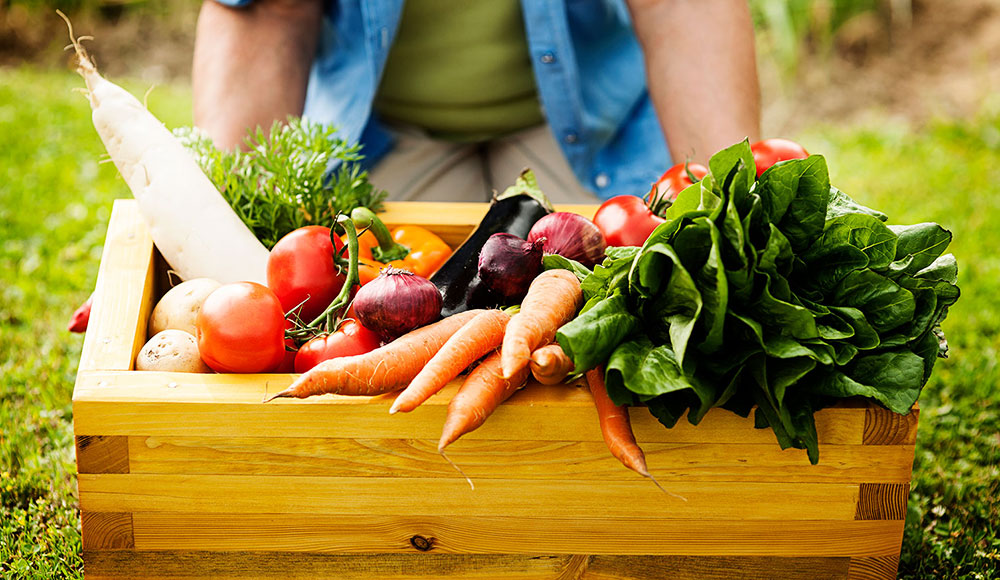Ready to start growing your own food via an organic garden? Do you know how to tart growing a garden like that? If not, no worries, this article has your back. Below are some tips and tricks that can get you started with the basics of growing an organic garden.
Are you wondering if you need to water your lawn? One good way to tell is to simply walk across it. If you can see your footprints, you have a thirsty yard. Every week, your lawn should be receiving up to one inch of water. If you live in an area where it doesn’t rain frequently, make sure to give your lawn the “footprint test” whenever you’re not sure if it’s had enough to drink.
Try growing crops that are easy to store or store themselves. If handled properly and gently, given the right amount of time to cure, garlic, onions, sweet potatoes, squash, dry beans, or shallots will keep for a very long time in a cool, dry place. No canning or freezing required. This will ensure having fresh vegetables from the garden all winter long.
For basic vegetable or flower gardening it is often not necessary to buy the most expensive gardening tools and accessories. Visiting discount stores will often allow you to find basic tools at a low price. You should also be on the lookout each spring for most local supermarkets to set up an aisle or display with gardening tools you can get for a good price,too.
Make sure you read the labels on any weedkillers or pesticides that you use in your garden. Follow the directions closely. Using too much of a chemical can be dangerous to your health and the health of your garden. Failing to read the label might also mean that you get the wrong chemical for the problem that you’re having, polluting the ground around your garden for no reason.
Pay attention to zones when choosing plants for your garden. Most plants will come with the zone marked. This is also true of seeds. Make sure the zone corresponds to your growing zone. Though plants may grow outside of their usual zone, they are less likely to be hardy plants.
There are many natural substances that are effective for warding off unwanted visitors. For example, if you plant onions or marigolds along the edges of your vegetable garden, you can ward off slugs. Mulch around the bottom of trees and shrub seedlings with wood ash to reduce unwanted infestation of pests. These are proven methods without having to use harsh chemical pesticides.
When you are transplanting a plant, do not pile the soil higher than the top of the root. A root crown that is always wet will eventually rot. Plant it in a way, where the water will drain away from the stem. If the water runs toward the plant, it will wash more soil onto the top of the root, causing root rot.
With the previous tips kept in mind, you ought to be ready to start growing your own organic food. It does take some research, hard work outside, and some patience, but if you keep at it, it is indeed possible to have a successful organic garden. So, get out there and grow!

